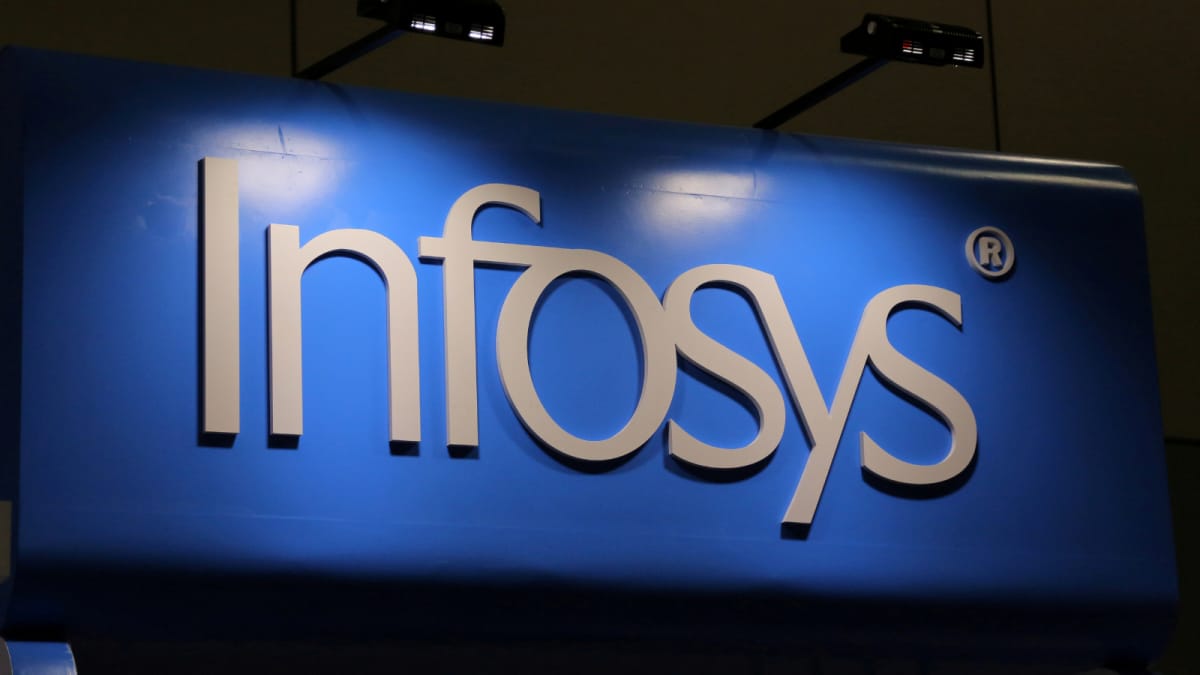Business
Two popular gay dating platforms removed from app stores in China

Osmond ChiaBusiness reporter
 Getty Images
Getty ImagesApple has confirmed that it has removed two of China’s most popular gay dating apps – Blued and Finka – from its app store in the country following an order from authorities.
“We follow the laws of the countries where we operate. Based on an order from the Cyberspace Administration of China, we have removed these two apps from the China storefront only,” an Apple spokesperson said.
The move has raised concerns amongst the LGBT community in the country.
The BBC has contacted the Chinese embassy in Washington and the companies behind both apps for comment.
A “lite” version of the Blued app remains available on Chinese app stores, according to checks by the BBC. Some other gay and bisexual dating apps are also still available in the country, like Jicco and Jack’d.
Blued is one of the most widely-used gay dating apps in China, with tens of millions of downloads.
Apple runs a separate app store in China, in accordance with the country’s strict internet laws. Popular apps like Instagram and WhatsApp are not available in China.
Android device users there use locally adapted versions of the operating system as the Google Play Store is also blocked in China.
Members of the LGBT community expressed concerns about the removal of Blued and Finka, with one saying, “I hope those heterosexual policymakers can understand that love is rare – it’s not something shameful or unspeakable.”
 Screenshot from Huawei AppGallery
Screenshot from Huawei AppGalleryIn 2022, popular US-based gay dating app Grindr was removed from Apple’s App Store in China shortly after the Cyberspace Administration of China began a crackdown on content it viewed as illegal and inappropriate.
The following year, the Chinese government announced new rules requiring all apps serving domestic users to register for licenses, resulting in a slew of foreign apps being removed online.
The online regulator said the rules were designed to “promote the standardised and healthy development of the internet industry.”
Homosexuality was decriminalised in China in 1997, though same-sex marriages remain unrecognised.
Advocacy groups, including the Beijing LGBT Center and the ShanghaiPride, have ceased operations in China in recent years.
Business
Piyush Goyal Dismisses Rahul Gandhi’s Farmer Meet Video, Rebuts ‘Fake Narrative’ On India-US Trade Deal

Last Updated:
The minister offered a detailed reality check to counter what he termed ‘Rahul ji’s fakery’


Goyal reiterated that Prime Minister Narendra Modi’s policies are intrinsically linked to farmer welfare. (File Photo: PTI)
Union Commerce Minister Piyush Goyal has accused Congress leader Rahul Gandhi of orchestrating a “fake narrative” aimed at provoking India’s farming community. Responding to a video released on social media by the Leader of the Opposition on Friday, Goyal dismissed the interaction as a stage-managed performance featuring Congress activists masquerading as genuine farmer leaders. He asserted that the dialogue followed a predetermined script designed to mislead the public regarding the safeguards in the recent India-US trade deal.
Rahul Gandhi has alleged that “any trade deal that takes away the livelihood of farmers or weakens the food security of the country is anti-farmer”. He was pointing to the recently concluded India-US framework agreement for bilateral trade, which is expected to be signed after tweaks by the end of March.
Piyush Goyal offered a detailed reality check to counter what he termed “Rahul ji’s fakery”, placing on record that the Narendra Modi government has fully protected the interests of annadatas, fishermen, MSMEs, and artisans. The minister categorically clarified that sensitive crops like soyameal and maize have been granted no concessions whatsoever in the agreement, ensuring that domestic farmers remain shielded from competitive pressure. He criticised the opposition for repeating “baseless allegations” in an attempt to instill unnecessary fear among the rural population.
Addressing specific claims regarding apple and walnut imports, the minister provided a technical breakdown of the protectionist measures in place. He noted that while India already imports approximately 550,000 tonnes of apples annually due to high domestic demand, the new US deal does not allow unlimited entry. Instead, a strict quota has been established, far below current import levels, and subject to a Minimum Import Price (MIP) of Rs 80 per kg. With an additional duty of Rs 25, the landed cost of US apples will be roughly Rs 105 per kg—significantly higher than the current average landed cost of Rs 75 per kg from other nations—thereby ensuring Indian growers are not undercut. Similarly, for walnuts, the US has been offered a modest quota of 13,000 metric tonnes against India’s total annual import requirement of 60,000 metric tonnes, making it impossible for the deal to harm local producers.
Goyal also took a swipe at the historical record of the Congress party, pointing out the irony of its current stance. He reminded the public that during the Congress-led UPA era, India imported nearly $20 billion worth of agricultural products, including dairy items, which the current administration has strictly excluded from the US pact. He challenged Rahul Gandhi to explain his “betrayal of farmers” and questioned how much longer the opposition intended to peddle fabricated stories.
Concluding with the slogan “Kisan Surakshit Desh Viksit”, Goyal reiterated that Prime Minister Narendra Modi’s policies are intrinsically linked to farmer welfare. He maintained that the India-US agreement is a balanced framework that opens new markets for Indian exports like basmati rice and spices while keeping the nation’s agricultural backbone secure.
February 14, 2026, 05:29 IST
Read More
Business
Without Rera data, real estate reform risks losing credibility: Homebuyers’ body – The Times of India

New Delhi: More than 75% of state real estate regulators, Reras, have either never published annual reports, discontinued their publication or not updated them despite statutory obligation and directions from the housing and urban affairs ministry, claimed homebuyers’ body FPCE on Friday. It released status report of 21 Reras as of Feb 13.The availability of updated annual reports is crucial as these contain details of data on performance of Reras, including project completion status categorised by timely completion, completion with extensions, and incomplete projects. The ministry’s format for publishing these reports also specifies providing details such as actual execution status of refund, possession and compensation orders as well as recovery warrant execution details with values and list of defaulting builders.FPCE said annual report data is not only vital for homebuyers to assess system credibility, but is equally necessary for both state and central govts to frame effective policies, design incentivisation schemes, and develop tax policy frameworks.“Unless we have credible data proving that after Rera the real estate sector has improved in terms of delivery, fairness, and keeping its promises, we are merely firing in the air,” said FPCE president Abhay Upadhyay, who is also a member of the govt’s Central Advisory Council on Rera.As per details shared by the entity, seven states — Karnataka, Tamil Nadu, West Bengal, Andhra Pradesh, Himachal Pradesh and Goa — have never published a single annual report since Rera’s implementation, and nine states, including Maharashtra, Uttar Pradesh and Telangana, which initially published reports, have discontinued the practice.Upadhyay said when regulators themselves don’t follow the law, they lose the legal right to demand compliance from other stakeholders. “Their failure emboldens builders and weakens the very system they are meant to safeguard,” he said.
Business
Infosys Rolls Out 85% Average Performance Bonus In Q3FY26, Best In Over 3 Years

Last Updated:
Over recent quarters, payouts had gradually improved from roughly 65 percent to 80 percent and now to an average of about 85 percent in Q3FY26.


Infosys logo is seen.
IT major Infosys rolled out performance bonus payouts averaging around 85 percent for the quarter ended December 31, 2025 (Q3FY26), marking the strongest variable pay outcome for eligible employees in at least the past three-and-a-half years, Moneycontrol reported citing people in the know.
The bonus payout for mid- to junior-level employees ranges between 75 percent and 100 percent, with most employees clustering around the organisation-wide average of 85 percent, the report said. The development signals a steady recovery in variable compensation at the Bengaluru-headquartered IT services firm. Over recent quarters, payouts had gradually improved from roughly 65 percent to 80 percent and now to an average of about 85 percent in Q3FY26.
Employees are expected to receive their bonus letters over the next few days, with the payout scheduled to be credited along with their February salary.
One employee told the outlet that it is the strongest bonus outcome seen in recent years. The payout is also among the rare instances since the Covid-19 period when variable pay has approached the upper end of the eligible range.
Infosys last paid out 100 percent variable compensation during the pandemic. In the quarters that followed, payouts were lower amid macroeconomic uncertainty and a broader slowdown in client spending across global markets.
The higher payout comes at a time when global IT stocks have faced renewed pressure, driven by concerns over rapid advances in artificial intelligence and their potential impact on traditional IT services models.
Shares of global IT firms have seen sharp sell-offs in recent weeks amid heightened investor focus on AI leaders such as Anthropic. Investors fear that generative AI tools could compress pricing, automate routine services work and reduce demand for legacy outsourcing models.
Against that backdrop, the improved bonus payout at Infosys is being viewed as a signal of operational resilience and near-term performance strength, even as sentiment around the broader IT sector remains cautious.
February 13, 2026, 21:44 IST
Read More
-

 Entertainment1 week ago
Entertainment1 week agoHow a factory error in China created a viral “crying horse” Lunar New Year trend
-

 Tech1 week ago
Tech1 week agoNew York Is the Latest State to Consider a Data Center Pause
-

 Business4 days ago
Business4 days agoAye Finance IPO Day 2: GMP Remains Zero; Apply Or Not? Check Price, GMP, Financials, Recommendations
-

 Tech1 week ago
Tech1 week agoPrivate LTE/5G networks reached 6,500 deployments in 2025 | Computer Weekly
-

 Tech1 week ago
Tech1 week agoNordProtect Makes ID Theft Protection a Little Easier—if You Trust That It Works
-

 Fashion3 days ago
Fashion3 days agoComment: Tariffs, capacity and timing reshape sourcing decisions
-

 Business1 week ago
Business1 week agoStock market today: Here are the top gainers and losers on NSE, BSE on February 6 – check list – The Times of India
-

 Business1 week ago
Business1 week agoMandelson’s lobbying firm cuts all ties with disgraced peer amid Epstein fallout





